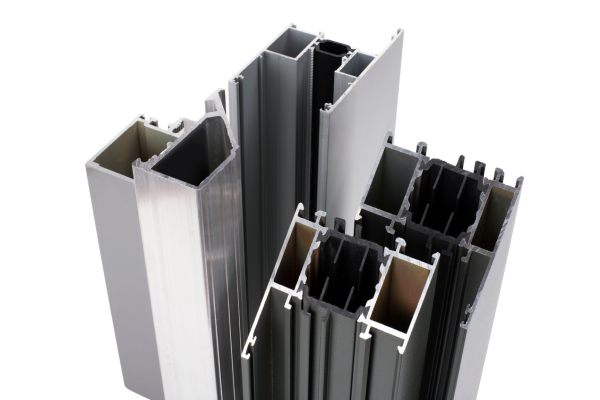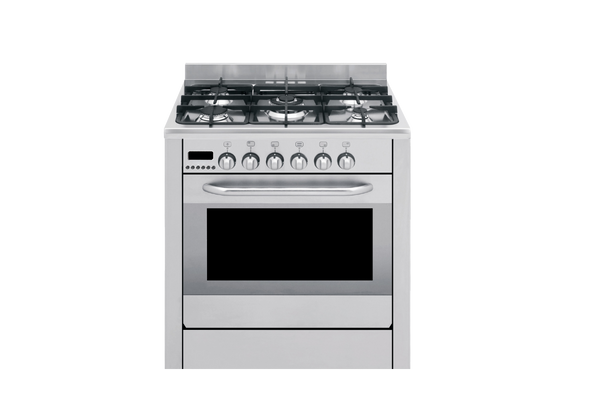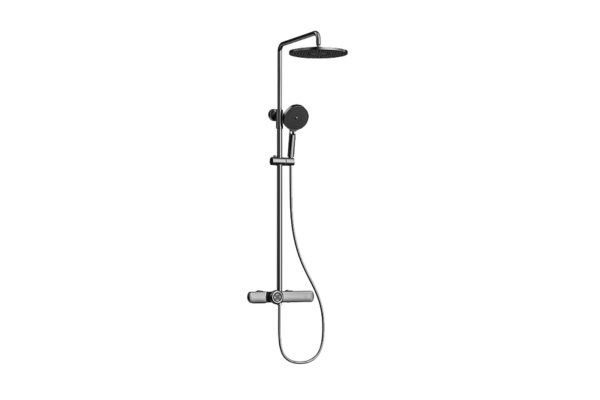With the ongoing wave of globalization, more and more businesses and individuals are turning their attention to the Chinese market, seeking cost-effective products and flexible supply chain solutions. As the world’s manufacturing hub, China boasts vast industrial clusters and a well-developed supporting system. However, for overseas buyers, sourcing from China efficiently and safely is always a challenge. Sourcing agents, acting as a bridge between overseas buyers and Chinese suppliers, have become increasingly popular in recent years. But do you really need a China sourcing agent? What value can they bring, and how do you choose a reliable one?
We can help you understand every aspect of China sourcing agents and make an informed decision.
1. What Is a China Sourcing Agent? What Do They Actually Do?
A sourcing agent is a third-party individual or agency entrusted by buyers to represent them in China, providing end-to-end services such as supplier search, screening, communication, purchasing, quality inspection, and shipping.
Their services typically include:
- Supplier Research and Screening: Using both online and offline channels to find suitable factories or trading companies and conduct due diligence.
- Price Negotiation and Contract Signing: Leveraging local language and cultural advantages to secure better prices and terms, and avoid contract pitfalls.
- Sample Procurement and Quality Control: Assisting buyers in obtaining samples and arranging third-party inspections to ensure products meet standards.
- Order Follow-up and Production Monitoring: Tracking production progress in real time, identifying and solving problems early to prevent delays or quality issues.
- Logistics Arrangement and Export Customs Clearance: Helping buyers choose the right logistics solution and handling export and customs paperwork.
- After-sales Service and Dispute Resolution: Assisting in communication with suppliers in case of quality or quantity issues, and seeking compensation or replacements.
 Case Study:
Case Study:
An Australian e-commerce seller wanted to source custom pet products from China but was unfamiliar with the market and didn’t speak Chinese. With the help of a sourcing agent, they found three quality factories for price comparison, smoothly completed sampling, inspection, and shipping, and saved significant time and effort while minimizing risks.
2. Do You Need a Sourcing Agent? A Self-Assessment Checklist
Not everyone needs a sourcing agent. Ask yourself the following questions:
- Do you have experience sourcing from China?
If you’re new to China sourcing or have had bad experiences before, a sourcing agent can help you avoid pitfalls. - Can you communicate fluently in Chinese?
Language barriers are a common cause of sourcing failures. Agents can bridge the communication gap. - Do you have the time and resources to visit China in person?
Many buyers can’t afford the time or cost to visit factories. Agents can conduct factory and product inspections on your behalf. - Is your order volume and product type suitable for direct factory contact?
Factories often aren’t interested in small or mixed orders. Agents can help consolidate resources. - Are you familiar with Chinese business culture and legal environment?
Agents can help you avoid contract traps and identify potential risks.
If you answered “no” to most of these questions, a sourcing agent is likely very valuable for you.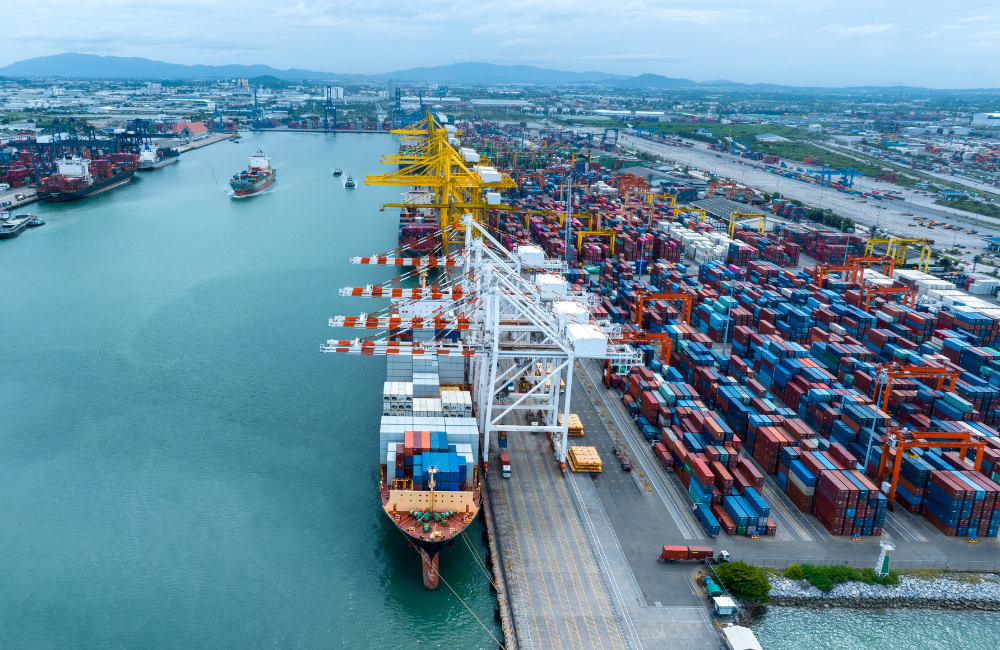
3. Advantages and Potential Risks of Sourcing Agents
Advantages
| Benefit | Details | Case Study |
|---|---|---|
| Cost Efficiency | Agents leverage bulk purchasing power and local networks to reduce costs by 10–20%. | A furniture importer saved $50k/year via agent-negotiated material pricing
|
| Time Savings | Handle supplier vetting, contracts, and logistics, cutting lead times by 30%. | Reduced production cycle from 60 to 42 days
|
| Risk Mitigation | Conduct factory audits, quality inspections, and compliance checks. | Prevented $200k in defective goods via pre-shipment QC
|
| Logistics Expertise | Optimize shipping routes and customs documentation. | Avoided $15k in penalties via correct HS code classification
|
Risks
| Risk Type | Examples | Mitigation Strategies |
|---|---|---|
| Hidden Fees | “Low commission” agents adding markups for expedited shipping or storage. | Demand a transparent fee structure upfront
|
| Quality Control Failures | Agents outsourcing inspections to unqualified third parties. | Require detailed audit reports and random inspections
|
| Communication Gaps | Misinterpretation of technical requirements leading to production errors. | Use visual aids (e.g., CAD drawings) and multilingual contracts
|
| Over-Reliance | Agents prioritizing short-term gains over long-term supplier relationships. | Diversify agents and conduct quarterly performance reviews
|

4. How to Choose a Reliable China Sourcing Agent
- Check Credentials and Reputation
Prioritize agents with a valid business license, extensive industry experience, and positive client reviews. Use Google, LinkedIn, and industry forums for research. - Communication Efficiency and Professionalism
A good agent should respond quickly, answer your questions professionally, and proactively offer reasonable suggestions. - Transparent Processes
Agents should be willing to disclose supplier information, detailed quotations, and service content to avoid information asymmetry. - Reasonable Fee Structure
Understand the agent’s fee model (commission, fixed service fee, etc.) and sign a formal contract to clarify responsibilities. - On-Site Visits and Third-Party Checks
For important projects, consider third-party background checks or on-site visits to verify the agent’s legitimacy.
5. Typical Scenarios Where Sourcing Agents Are Useful
- Cross-Border E-commerce Sellers: Amazon, eBay, Shopify, etc., who need to source multiple categories in small batches.
- Startups: Lacking China sourcing experience and resources, needing professional support.
- SMEs: Small order volumes, making it hard to deal directly with large factories.
- Custom Product Sourcing: Requiring multiple samples and repeated communication, where agents can greatly improve efficiency.
- Special Industries or High-Risk Categories: Electronics, medical, food, etc., where quality and compliance are critical and agents help manage risks.
6. Frequently Asked Questions (FAQ)
Q1: Will sourcing agents inflate prices?
A: Reputable agents charge transparent service fees and do not mark up product prices. Always sign a contract and clarify the fee structure.
Q2: What’s the difference between an agent and a trading company?
A: Agents represent the buyer and earn service fees; trading companies buy and sell for profit. Agents usually focus more on service and buyer interests.
Q3: Can I hire an agent for only part of the process?
A: Yes. For example, you can hire an agent just for inspection or logistics. Discuss your needs with the agent.
Need Expert Guidance?
Please send us inquiry with your needs and requirements~!
